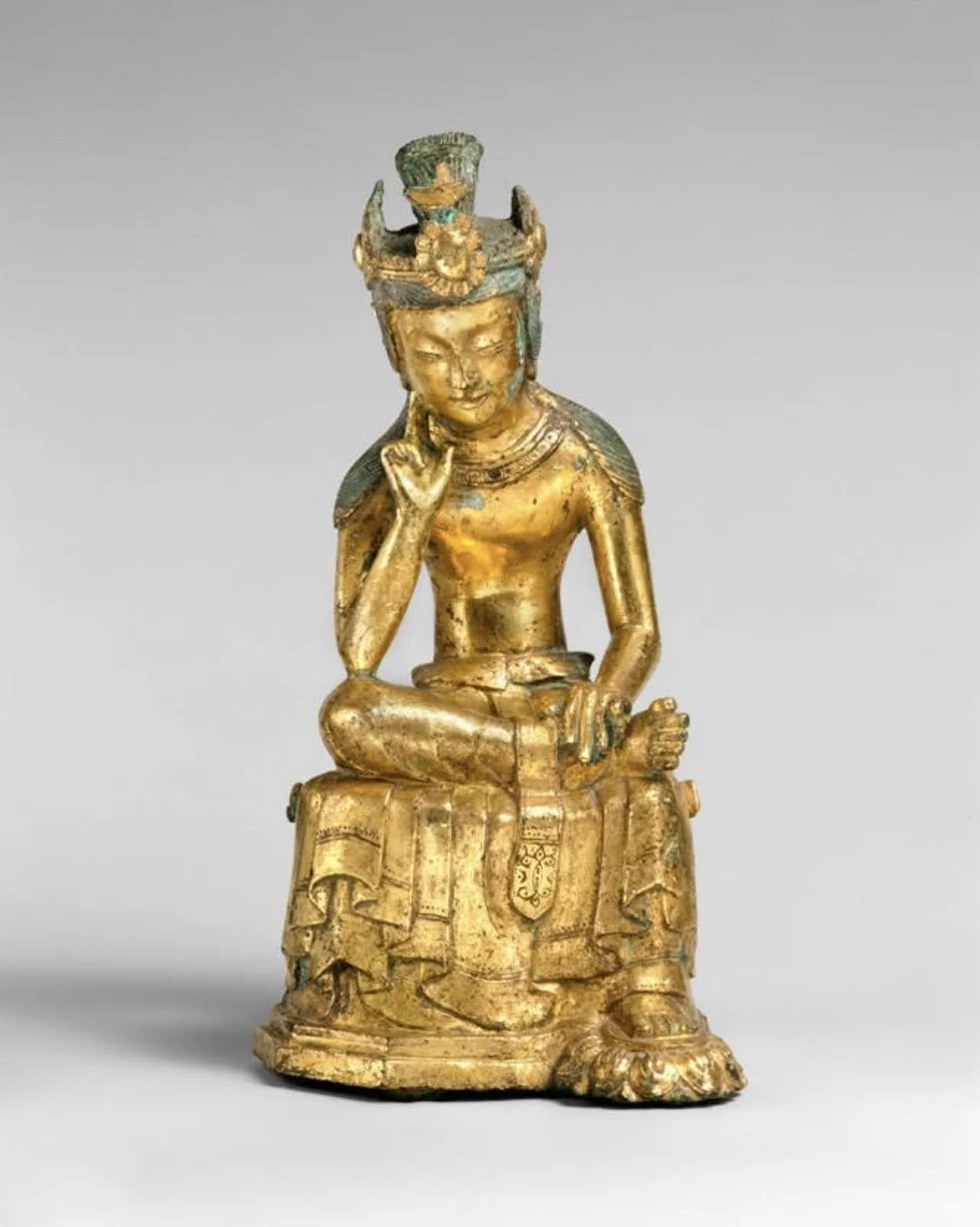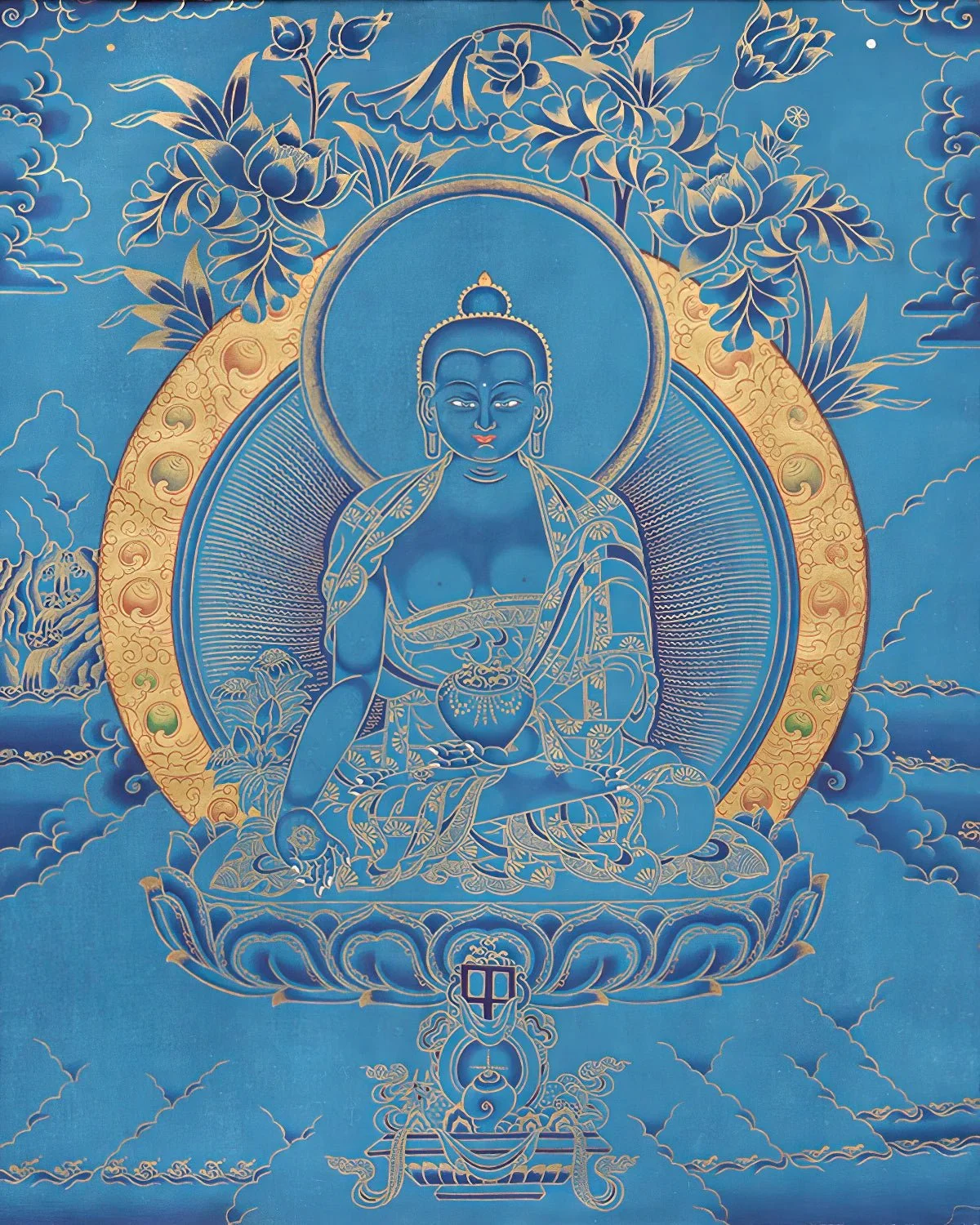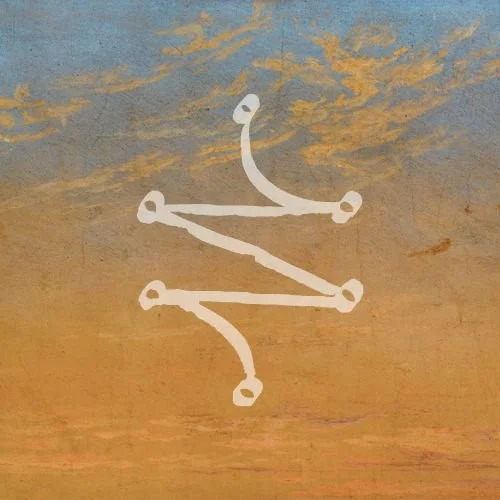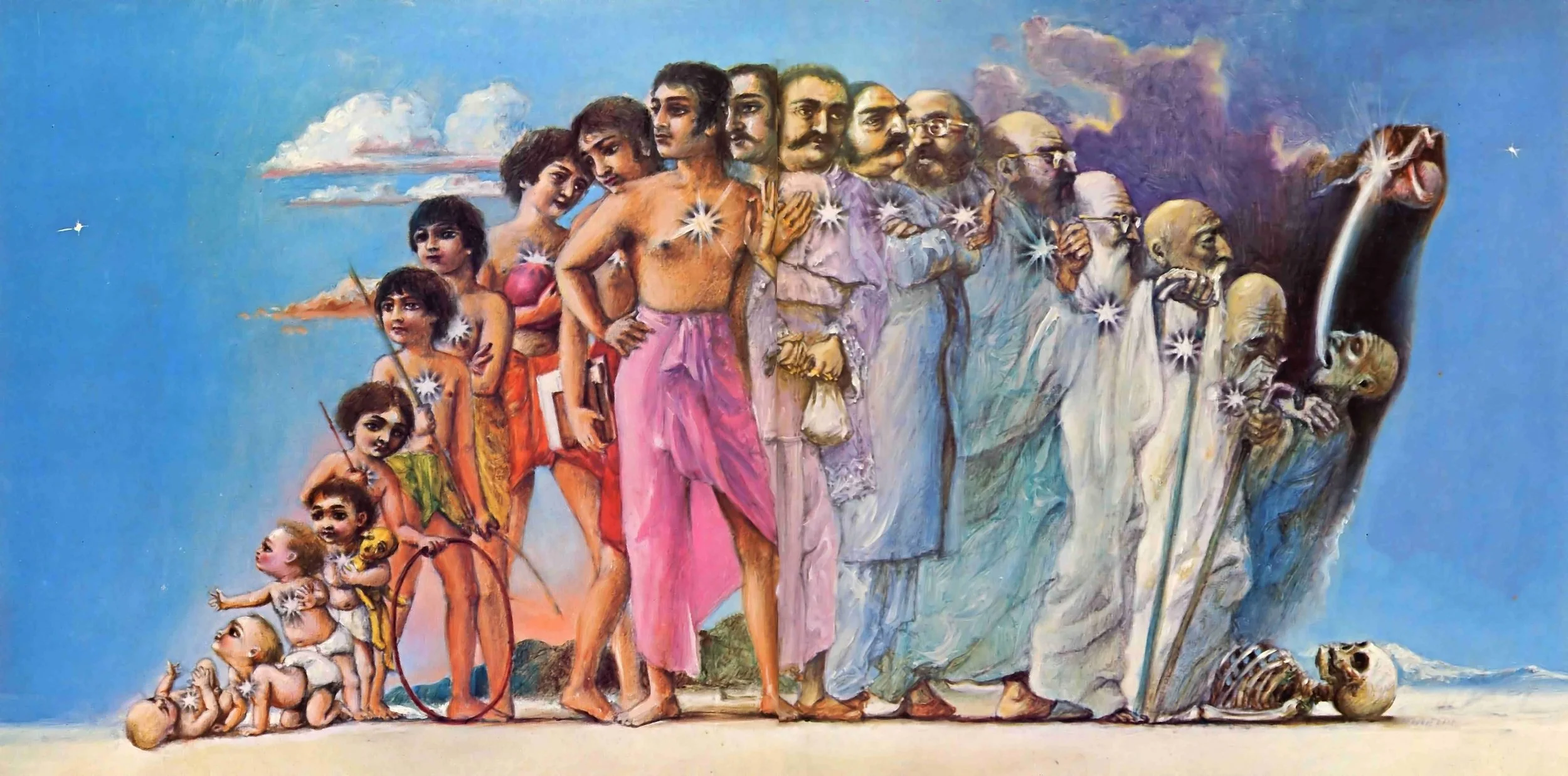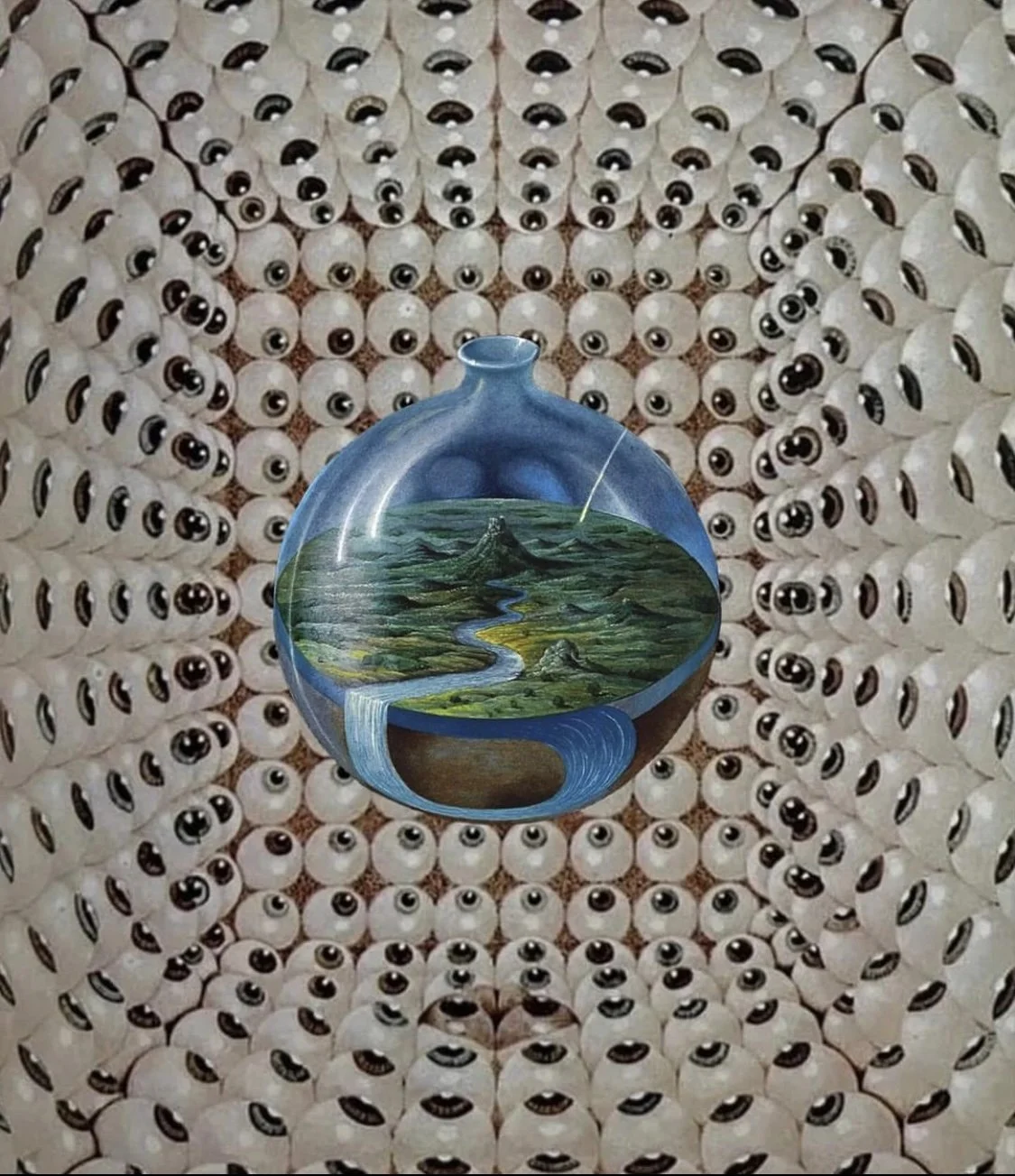There is a lot of fear going on.
It’s old: passed down through generations, vibrating through the web of life, each fragment of abandoned fear signaling us deeper into confusion about who we are.
Its role in the web has become distorted, and on some level, we believe it’s who we are. For certain people, this is very convenient!
For most of us, it inhibits the sacred expression of our Creative Will.
We can start healing relationship to fear by meeting it in our bodies, via the Heart Center.
Below is a meditation anyone can do, to begin working with fear structures in your body.
You can do it in stages as you read each prompt, record yourself reading it slowly and then listen, or however you like.
MEDITATION FOR HEALING FEAR
Stage I
Look around the space you’re in. Grab the corners of the room, and own it as your space to work in, where you can be totally, unconditionally, yourself.
Press your feet into the floor a few times, and find the ground. Relax and give the full weight of your body to the Earth.
Soften, so that the natural motion of your breath can flow and pulse through your whole body.
If your skin was sort of like a balloon, let the breath’s motion give a satisfying stretch to the skin at the top of your inhalation, and a wonderful release at the end of the exhalation.
Bring this motion into the legs and down into the soles of your feet, communicating the rhythms of your breath and heartbeat down into the planet.
Stage II
Go into the center of your heart, and release the light in its core.
Let your breath and the rhythm of your heartbeat bring this light to anywhere you are holding fear in your body, in the form of many threads of light.
Let these places vibrating in fear become entrained to the rhythm of your heart.
Notice how areas of fear appear in your mind’s eye, or as sensations.
Instead of conducting the orchestra, let your mind be a curious observer as you notice how the fear structures respond to the light and rhythm from your heart.
Ask Guidance to show you which fears are yours, and which belong to someone else, ancestors, or another time and place. Stay in present time.
Let your Heart and the Earth work the circuitry of your energy field while you relax and rest in the process for as long as you like.
As the light rhythms begin to melt and repattern the places vibrating in fear, let whatever energies are not yours drip down into the Earth where they are recycled, or delivered to where they need to go.
Ask Spirit Guidance to complete any finishing touches to protect the healing you’ve initiated.
Completion
To complete, bring your awareness back into the soles of your feet and release some of your heart’s unique light-signature down into the Earth.
Dedicate whatever positive karma is generated by this meditation to the well being of all beings, everywhere.
Let me know how it goes!
If you’d like to connect with this work live, practice together and ask questions or get feedback, join my mailing list to be notified about upcoming free Community Meditations (zoom), classes and retreats.
I’d love to see you there.
© zach sharrin intuitive energy work

